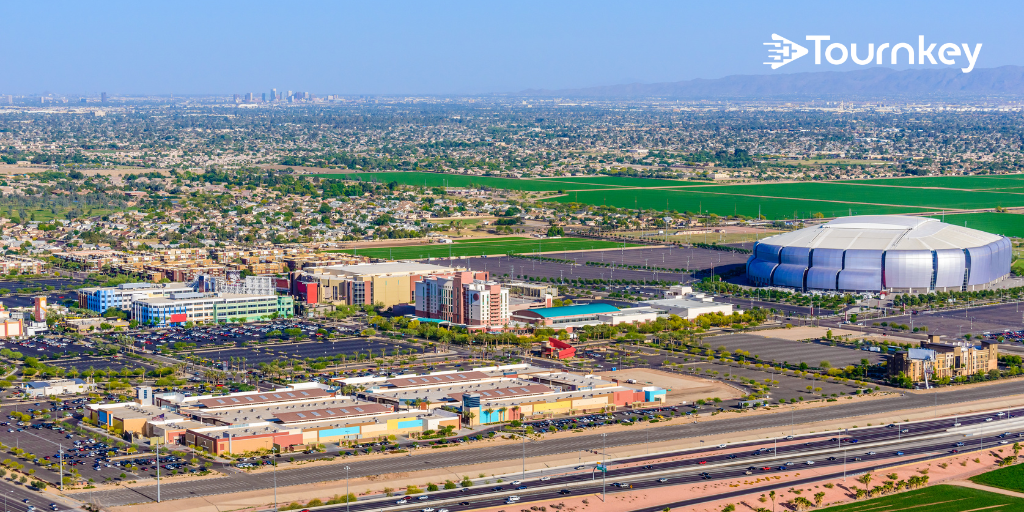The Internet of Things (IoT) is making waves by transforming how we travel. From smart airports to personalized travel experiences, IoT is set to revolutionize the travel industry in unprecedented ways.
This post delves into the various applications of IoT in travel, its benefits, and the challenges it presents, while also highlighting key insights and trends for the future.
The Rise of Smart Airports
Smart airports are at the forefront of the IoT revolution in travel. These airports leverage IoT technologies to enhance efficiency and passenger experience. For instance, IoT-enabled baggage tracking systems ensure that travelers can monitor their luggage in real-time, reducing the likelihood of lost baggage.
The implementation of smart kiosks and biometric systems also streamlines check-in and security processes, significantly reducing wait times.

Enhancing Traveler Experience
One of the most impactful applications of IoT is in enhancing the traveler experience. IoT devices collect data on traveler preferences and behaviours, offering personalized travel recommendations and itineraries. This not only makes travel more enjoyable but also more efficient.
For instance, wearable devices such as smartwatches provide travelers with personalized health and activity data, crucial for long journeys. These devices can also integrate with travel apps to offer real-time updates and alerts, ensuring a seamless travel experience.

Smart Transportation Systems
IoT is also revolutionizing transportation systems. Smart vehicles equipped with IoT provide real-time navigation, vehicle diagnostics, and personalized settings. Public transportation systems use IoT for real-time tracking and predictive maintenance.
Additionally, IoT solutions in transportation can optimize fuel usage and reduce emissions, contributing to more sustainable travel practices. For insights on how technology enhances event experiences and management, check out our post on Enhancing Tournament Experiences.
Benefits of IoT in Travel
The benefits of IoT in travel are manifold. IoT systems provide enhanced convenience, improve safety and security, and lead to significant cost savings. For example, predictive maintenance enabled by IoT reduces downtime and repair costs for airlines and transport services. Smart energy management in hotels results in substantial cost savings.
Challenges and Security Concerns
Despite its numerous benefits, implementing IoT in travel is not without challenges. Data privacy and security are significant concerns, as IoT devices collect vast amounts of personal data. Ensuring this data is protected from cyber threats is crucial.
Moreover, integrating various IoT systems and devices seamlessly can be challenging. The initial costs of implementing IoT solutions can also be a barrier for some organizations.
Future Trends: AI, Blockchain, and 5G
Looking ahead, the integration of AI with IoT is poised to bring even more advanced predictive analytics and automation to the travel industry. Additionally, blockchain technology can enhance the security and transparency of IoT systems, particularly in identity verification and transaction processing.
The expansion of 5G networks will further support faster and more reliable IoT connections, enhancing the overall smart travel experience.
IoT is undoubtedly transforming the travel industry by enhancing convenience, improving safety, and providing personalized experiences. While challenges such as data privacy and initial costs exist, the future of IoT in travel looks promising with advancements in AI, blockchain, and 5G technology. Stay ahead of the curve by integrating these innovative technologies into your travel plans and operations.
The Tournkey Event Ecosystem is a powerful series of tools designed to elevate your event’s profile while improving your event’s productivity and participant experience.


